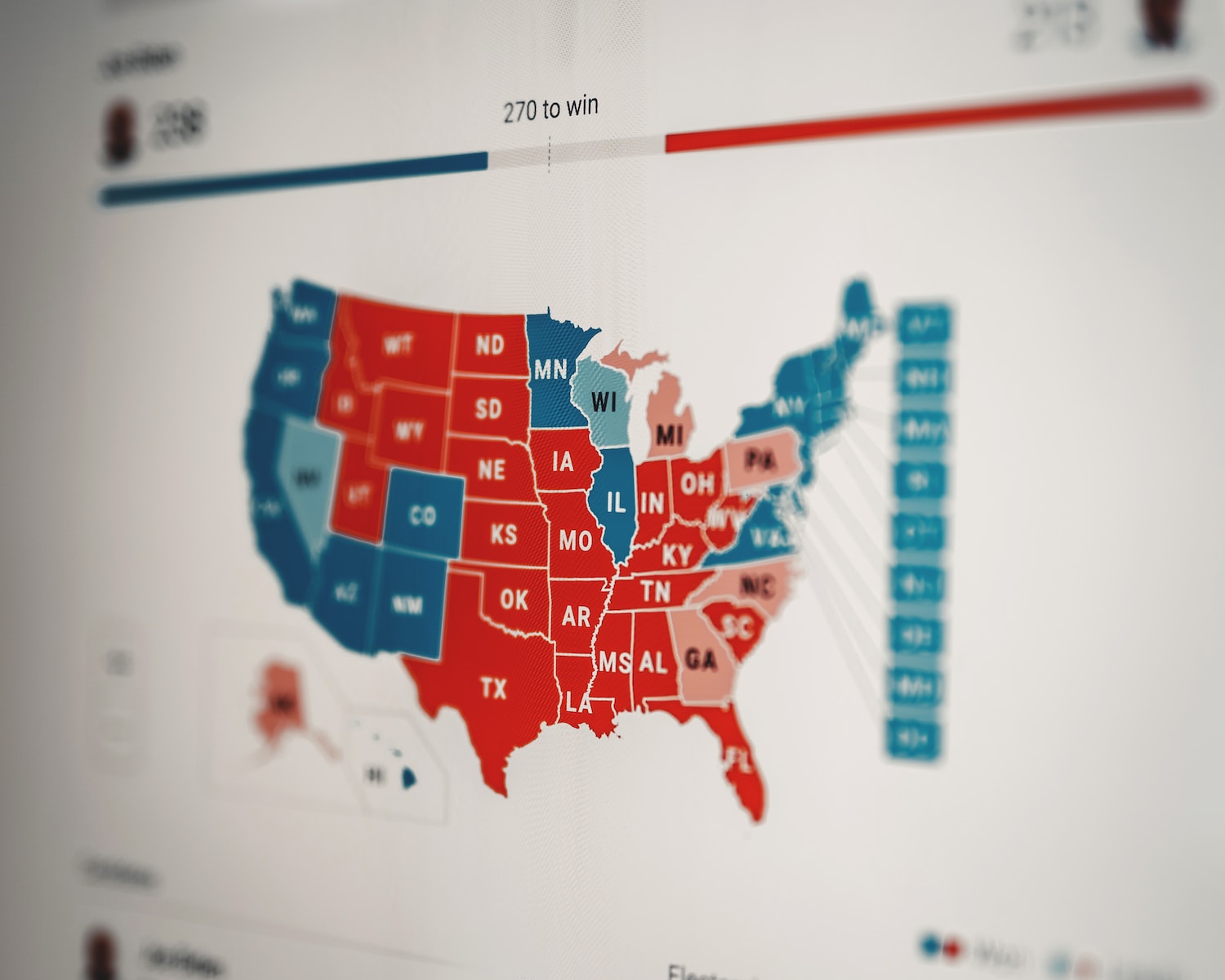Share this article with your network of friends!
In today’s polarized political landscape, it’s not uncommon for families to find themselves on opposite ends of the ideological spectrum. As seniors, with a wealth of life experience and a different generational perspective, navigating this political divide with our adult children can be challenging. However, maintaining strong and meaningful relationships with our loved ones is crucial, transcending political differences. In this blog post, we will explore some strategies that can help seniors bridge the gap and foster understanding and harmony with their adult children across the political spectrum.
1. Open and Respectful Communication:
Effective communication is the foundation for resolving conflicts and building understanding. It’s important to create an open and safe space for dialogue, where both parties can express their viewpoints without fear of judgment or dismissal. As seniors, we should actively listen to our adult children’s perspectives, seeking to understand their values and concerns. By demonstrating respect for their opinions, we can foster a climate of mutual understanding, even in the face of differing political beliefs.
2. Seek Common Ground:
Despite political differences, there are often shared values and common ground that can serve as a bridge. Identifying and focusing on these commonalities can help build connections and foster empathy. Discussing shared interests, such as family, hobbies, or community involvement, can provide a neutral territory for conversation and help maintain positive relationships beyond politics.
3. Educate and Share Experiences:
As seniors, we possess a wealth of life experiences and historical context that can be valuable in helping our adult children understand different perspectives. Engage in discussions where you share personal stories and the lessons learned from past political events. By providing historical context, you can shed light on how different political ideologies have shaped society and help your adult children better understand your viewpoint.
4. Agree to Disagree:
Recognize that it may not always be possible to change someone’s political beliefs, and that’s okay. Agreeing to disagree can be a healthy approach to maintaining family harmony. Focus on finding common ground, nurturing your shared values, and emphasizing the love and care you have for each other beyond politics. Remember that the strength of your relationship with your adult children is more important than winning political arguments.
5. Practice Empathy and Emotional Intelligence:
Empathy is a powerful tool for understanding and bridging the divide. Put yourself in your adult children’s shoes and try to understand the factors that shape their political beliefs. Acknowledge that their values and concerns may be influenced by their unique life experiences. Emotional intelligence plays a vital role in managing conflicts and maintaining relationships. Practice self-awareness, self-regulation, and empathy to foster healthy interactions and diffuse potentially heated discussions.
Navigating the political divide with adult children can be a challenging endeavor for seniors. However, by employing open communication, seeking common ground, sharing experiences, accepting differences, and practicing empathy and emotional intelligence, it is possible to maintain strong and meaningful relationships despite political disagreements. Remember that love, respect, and understanding should always take precedence over political ideologies. By focusing on these shared values, we can bridge the gap and foster harmony with our adult children, ensuring that our familial bonds remain strong and unbroken.
DISCLAIMER: This website contains articles for informational and entertainment purposes only. No articles on this website should be considered as professional advice for any medical, legal, or financial matter. Advertisements and content may contain affiliate links, where the website earns a commission for sales derived from our users.





